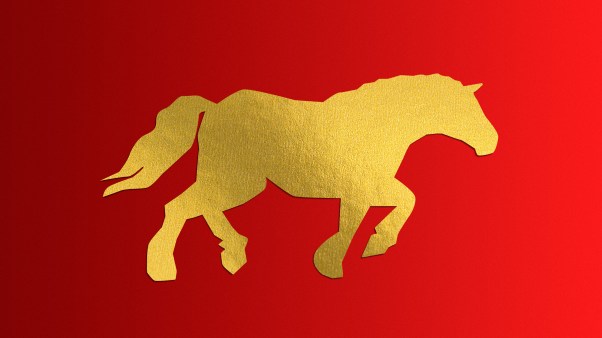September 22, 1566: Johann Agricola (b. 1494), German theologian and reformer, dies. He became a friend of Martin Luther in 1519, though after 1540 the relationship deteriorated over the issue of the authority of Mosaic Law in believers' and nonbelievers' lives (see issue 39: Luther's Later Years).
September 22, 1692: Puritan magistrates hang the last 8 of 20 condemned witches in Salem, Massachusetts (see issue 41: The American Puritans).
September 22, 1734: The Confessors of the Glory of Christ, followers of 16th century Polish reformer Caspar Schwenckfeld, settle in the Pennsylvania Dutch countryside. In 1525 Schwenckfeld had traveled to Wittenberg to ask Martin Luther for an appointment, but found they disagreed on many issues. He became part of the Radical Reformation and Catholics and Protestants both persecuted him (see issue 21: Caspar Schwenckfeld von Ossig).
September 22, 1862: Abraham Lincoln issues the preliminary Emancipation Proclamation after the costly Union victory at the battle of Antietam. The final proclamation was issued on January 1, 1863 and the 13th Amendment officially abolishing slavery was ratified by congress two years later on December 18, 1865 (see issue 33: Christianity and the Civil War).








